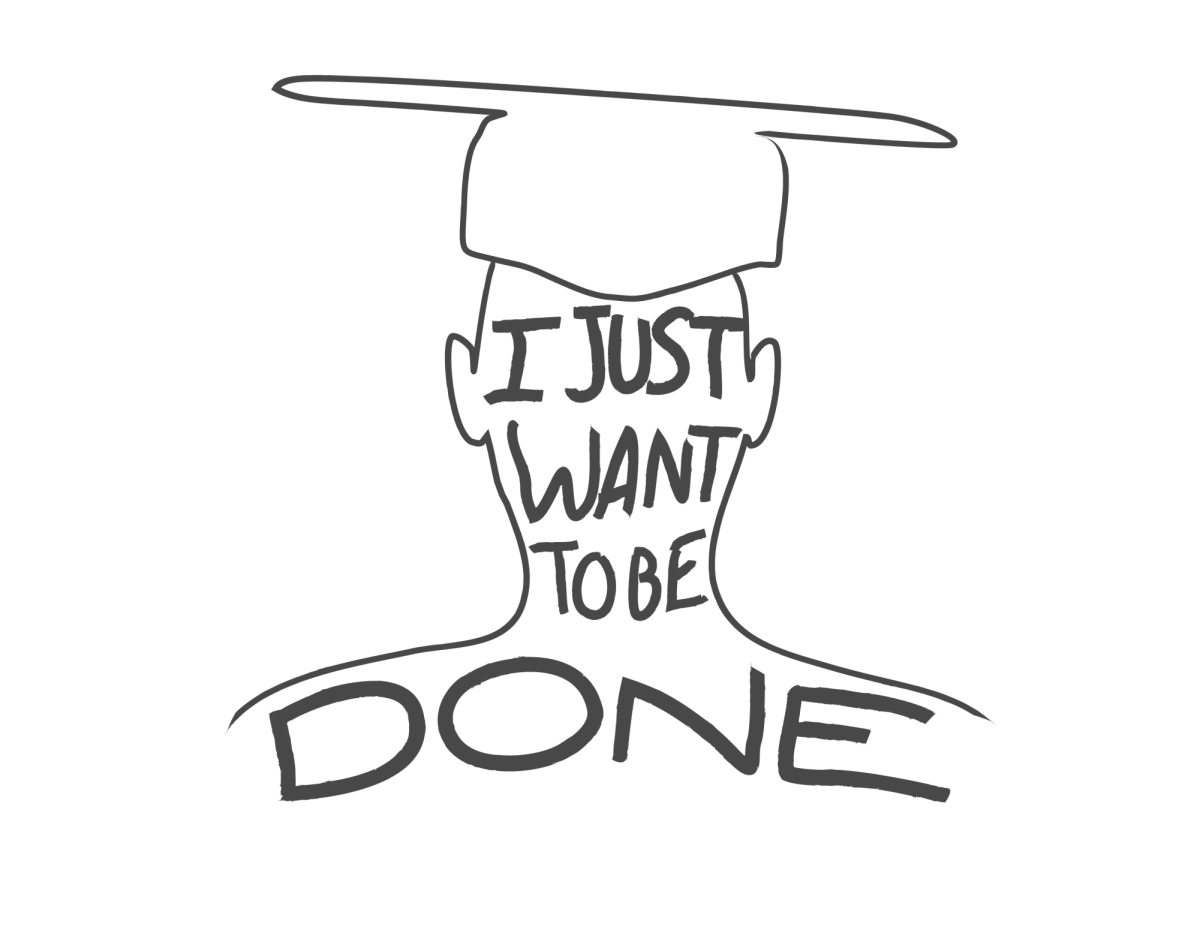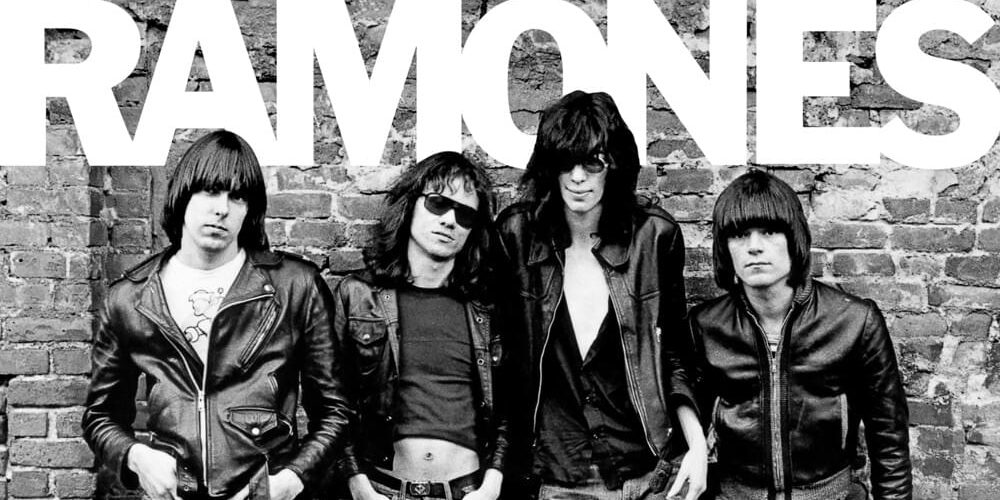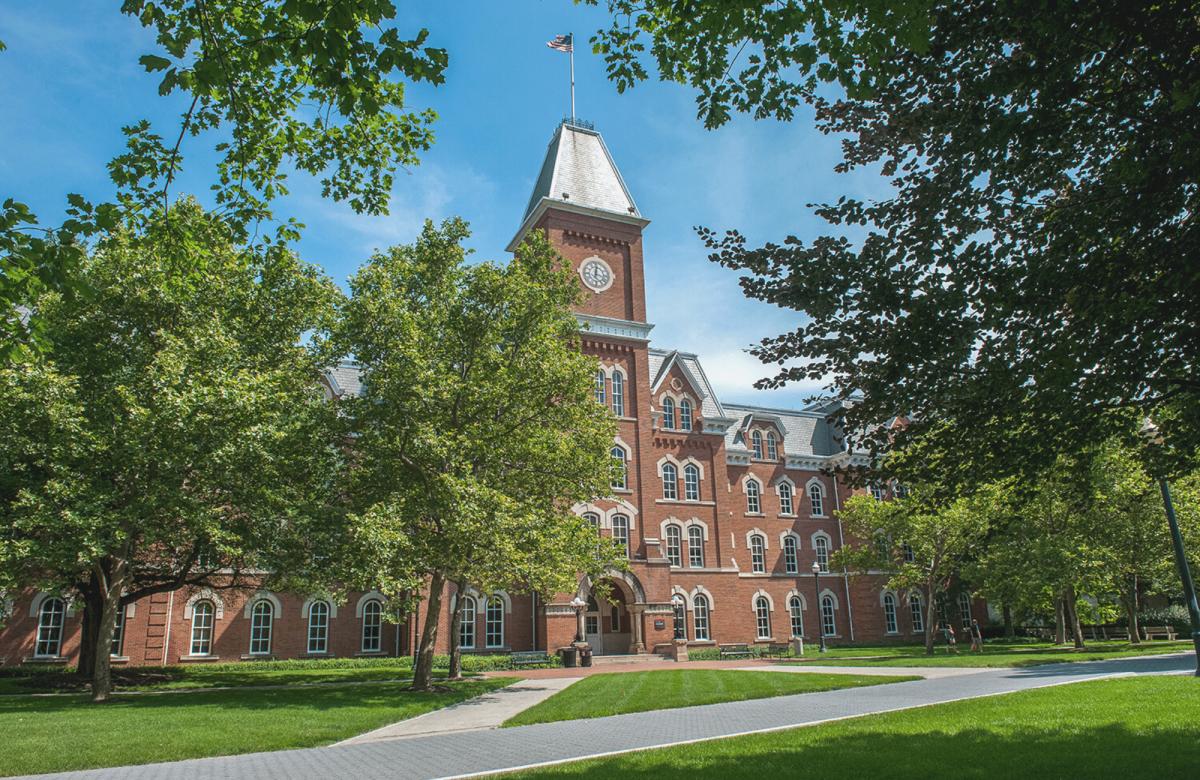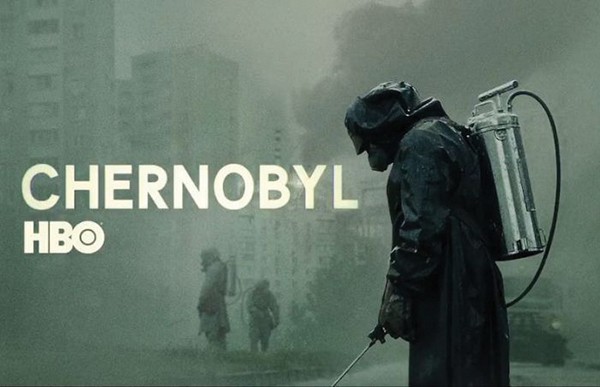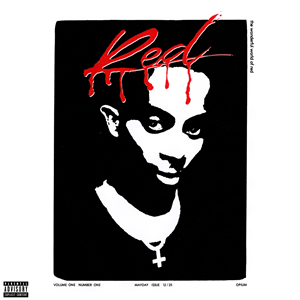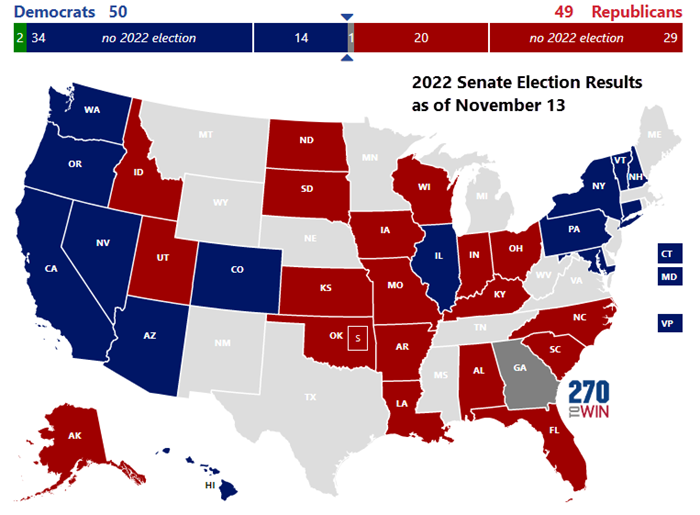If you ask the general public their favorite movie franchise, various answers will be heard. You may hear the occasional Lord of the Rings or the generation-spanning Star Wars, but one answer will become more and more prevalent in the current cinematic landscape; Marvel Studios, a powerhouse of the cinema industry owned by the near-monopoly Disney. Over the course of their historic run at the box office that seems to be without end, Marvel Studios and Disney have grossed over 22 billion dollars, with an average movie revenue just shy of one billion dollars. To put that in perspective, DC has only made approximately one-fifth of that, respectable in its own right. One may glance at these lucrative earnings and assume that the craftsmanship, screenwriting, cinematography, directing, acting, and all other aspects were simply on a level above all else, but that is not the case. Movie critics and average movie-goers have come to the general consensus that these movies are not beautifully made, with clunky plot lines, plot holes, and other fundamental issues. However, the Marvel juggernaut continues to persist to this day, constantly churning out new movies for an ever-demanding public. This popularity is due to multiple reasons, namely the nostalgia for older generations and the immense span and stunning visuals that draw in the less attached younger generations. Beginning with the nostalgia, Marvel has been creating comics for nearly 70 years, with many of those who are above the normal “action-movie” age still attending these movies in order to relive the memories of the past. When one sees their childhood heroes on the big screen, in real live-action, it sucks them in, causing them to constantly crave more, not because of the societal shifting themes or the beautiful cinematography, but because of the memories. In addition to this common strategy of relying on old content as a draw factor for new movies, Marvel Movies also utilize their colossal, seemingly unimaginable budget and scope to draw fans. With their money, Marvel was able to build an empire, complete with blockbuster actors and actresses, huge production costs, massive advertising campaigns, and a universe that seemed to span an unforeseeable distance. Like Star Wars, this depth and complexity of lore drew many fans to become hardcore fans of the franchise, with many others simply sampling the franchise due to the way it had seemingly permeated everyday culture with its scope. For example, the day Endgame dropped, my Instagram feed was full of people threatening to spoil the movie, and at school, it became a legitimate threat to spoil Endgame for all of those who had not seen it yet. For most movies, whose scope is at least somewhat limited, their audience may only contain a small percentage of the population, but Marvel was and still is ingrained into everyone’s minds, especially when a new project of never before seen proportion or scale is announced, much like how Endgame was.
With this scope, Marvel was able to have a tangible, palpable impact on society as a whole, whether that be indirect or direct. Directly, and less importantly, their franchise became a cornerstone of the modern cinematic complex. They were now a bastion of the action movie genre, with no sight of a defenestration from their position of fortitude atop the box office. They were able to create fanatics, an entirely new retail brand, and provide employment to many. People were now buying Marvel shirts, Under Armour had created a brand deal, and the content of their movies was a constant topic of conversation among classmates to among family members at Thanksgiving. And thanks to the Marvel Cinematic Universe, actors such as Robert Downey Jr., Jeremy Renner, and Chris Evans had their stocks skyrocket. Now, these actors perceived acting prowess is able to get them into any movie. Recently, Robert Downey Jr. joined the cast of Doolittle. While this movie did have a large production budget, much of which went to Downey anyway, it was a complete flop of a movie. However, it was such a variegated, garish mess that Robert Downey Jr. decided to star because why not, his career had already peaked no matter where his path took him down the road. And if they don’t want to act, they can retire wherever they want on a sizable pile of cash.
While Marvel has directly impacted the lives of thousands, its direct impact pales in comparison to that of what it has done to society indirectly. The themes of the MCU, on a base analysis of the perceptions, end goals, and perspective of both its heroes and villains and the way their stories plays out is this: While the cold-hearted, calculating way of looking at the world may save the human race in the eventual long-term, it is more favorable to let mankind play its course out and keep their place as individualistic and dignified beings. Many villains all had the same motive, do something drastic and destructive in the short term so that humanity will “improve.” Loki was to do this through unified labor, Thanos through the elimination of half the universe in order to combat overpopulation, Red Skull again through unified labor under one flag, Killmonger through revolution from the oppressed, and Justin Hammer through the automated military in order to provide security at the cost of freedom. Each time, the hero, who had the “best interests” of humanity in his/her mind, would defeat the antagonist and proceed to establish themselves as the protector of humanity. This was where the inherent societal issue lays, the idea that humanity needed these heroes. And better yet, the idea that history is solely reliant upon these larger than life figures who wield powers never to be held by the remainder of humanity. When one takes a deep dive through the Marvel Universe, dating back to the first two “Avengers,” Tony Stark and Chris Evans, a startling trend occurs. These two individuals were not normal, to say the least. These heroes do not even have even somewhat relate-able stories, and they exist at a position seemingly above the rest of society. Tony Stark comes from the Rockefeller of modern technology, Howard Stark, who owned the largest tech corporation in the MCU and had vast amounts of wealth, an inheritance that nearly 0% of the population understands. On top of that, he was an implied genius, coming up with time travel on a whim just because it suited the situation. Going off on a small tangent, that plot line was honestly so rushed, and it was just so convenient for the plot that it was distasteful. In addition to Stark, Steve Rogers (Captain America) was literally nothing before his procedure. He was made to seem like an ant in society, scrawny, constantly being beaten up, the person who is unable to fend for themselves. As soon as he was made something greater than the common man, he became the savior for the United States, defeating the Red Skull. This same theme of the only difference makers in society being those who are unnaturally gifted or born with some form of wealth continues with every single superhero. Black Panther was the king of the wealthiest country in Africa and had an impenetrable suit, and two, Starlord and Thor, were either Gods or sons of Gods. These gifted individuals were constantly seen to be far superior to the human race and were the only salvation for an otherwise “flawed” and “helpless” humankind. Marvel even went so far to say this themselves in Avengers: Age of Ultron, where Vision and Ultron speak of how flawed and naive we are as human beings. In many scenes, a common image persists, that of two main groups of gifted individuals fighting one another, while the common man runs away in helpless panic, or is paralyzed in a corner, shaking with fear. These scenes are ever-present in all Marvel films, a theme that became increasingly apparent to me as I re-watched the epic saga. These heroes are constantly forced to help those beneath them, and the films depict this almost as a waste of time for the heroes, something beneath their skill-level that must still be done. During the Battle of New York, the salvation of the citizens of New York City becomes a backdrop to an epic battle between an alien warrior cult led by a God and a group of gifted individuals. The main focus of the films become the gifts, rather than the humans behind those gifts, attenuating the dependence of man upon those who are greater. This theme has even bled into the political landscape, and Marvel’s themes had some veiled impact upon it, whether that was conscious or subconscious. Our current president, Donald Trump, used his status as a wealthy businessman as part of his campaign, a perspective echoed by many of his supporters. It was reasoned that because he was a businessman, he knew how to run a country. While these two professions are apples and oranges to one another, he was seen as a special man by his supporters, someone who was superior to them in some way, in this case, wealth and business acumen. His perceived superiority played a part in his election, echoing the theme of the MCU that history is shaped by the gifted and all the common man can do is submit and allow those greater than him to protect his helpless self.
-Sam Richardson ’22

